Tough mission ahead for KMT in Taiwan
Updated: 2016-03-28 07:44
(China Daily)
|
||||||||
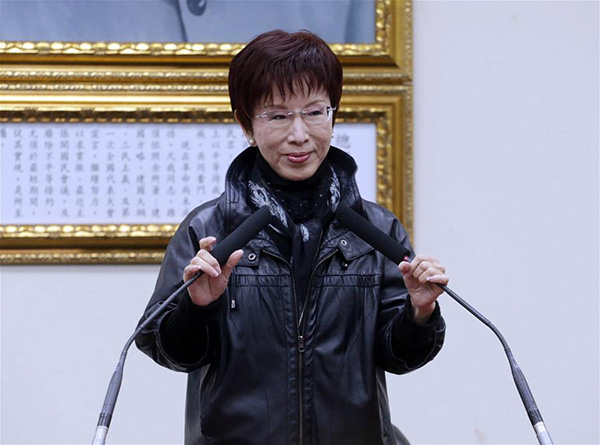 |
|
Hung Hsiu-chu attends a press conference in Taipei, March 26, 2016. [Photo/Xinhua] |
The outgoing Kuomintang party is not unfamiliar with losing power in Taiwan. With Tsai Ing-wen of the Democratic Progressive Party taking office as the island's leader on May 20, the KMT will become an opposition party for the second time since 2000.
But history does not repeat itself.
Compared with its setback 16 years ago, the 122-year-old party and its chairwoman Hung Hsiu-chu, who was elected as the party's first female leader on Saturday, face even more daunting challenges and a tougher mission ahead.
Still recovering from its crushing defeat in the island's elections, the embattled party needs to first rally and revive itself.
It needs to heal its self-inflicted wounds, by eradicating its inner rivalries and closing ranks within the party.
It needs to reform the party institution, improve its decision-making, adjust policies and refresh its image to regain the support of young voters, who have increasingly favored the DPP.
But with cross-Straits ties facing uncertainties, given the pro-independence DPP's control over both the island's legislature and administration, a much bigger test for the KMT, will be whether it can play the necessary role of stabilizer while in opposition.
Tsai and her party's refusal to approve the 1992 Consensus on one China, the foundation for the improving ties between the island and the mainland, might again trigger cross-Straits confrontation as experienced from 2000 to 2008 when the DPP under the leadership of Chen Shui-bian was in power on the island.
At that time it was the KMT's promotion of closer economic and cultural exchanges with the mainland that helped offset the fallout from Chen's secessionist push for Taiwan "independence" and kept a rein on cross-Straits tensions.
The cross-Straits rapprochement engineered by the previous leader of the KMT Ma Ying-jeou has benefited the island. So there is no reason for the KMT to abandon its pursuit of stronger cross-Straits ties while opposing any pro-independence moves.
Instead it should continue to shoulder the responsibility of promoting ties and make greater efforts to help maintain stable and peaceful relations with the mainland while the DPP is in power.
Although Tsai herself has not adopted Chen's provocative policy and said she backs the status quo, radicals in the DPP seeking "independence" might damage cross-Straits ties if not kept in check.
The KMT can restrain the ruling DPP from going too far in endangering cross-Straits peace, which is in the interests of both sides.

 First lady Peng Liyuan leads fight against tuberculosis
First lady Peng Liyuan leads fight against tuberculosis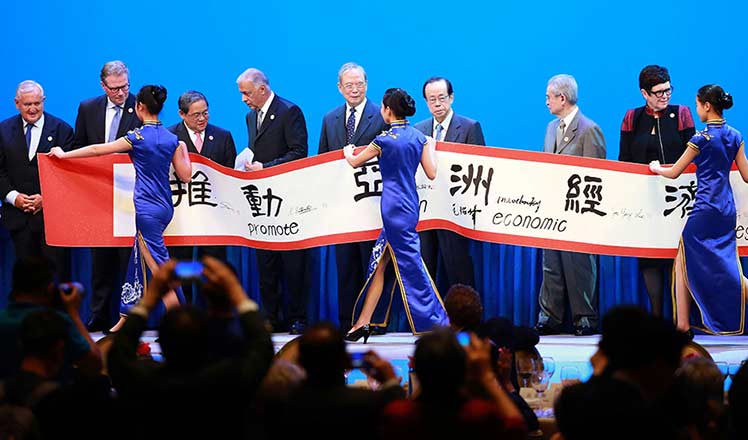
 Faces at Boao Forum for Asia Annual Conference
Faces at Boao Forum for Asia Annual Conference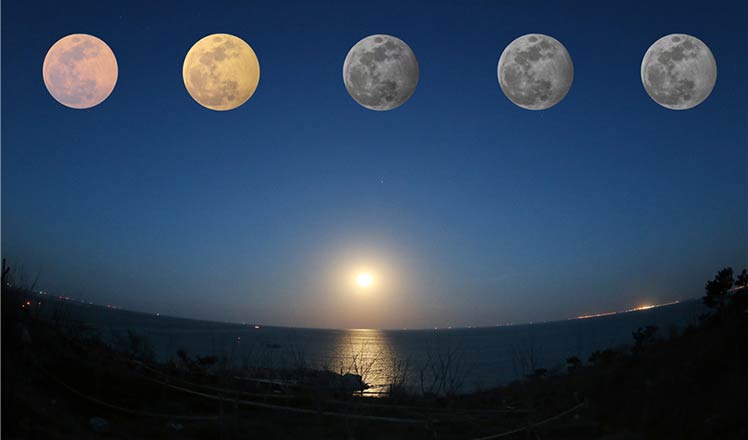
 In photos: Lunar eclipses visible in eastern China
In photos: Lunar eclipses visible in eastern China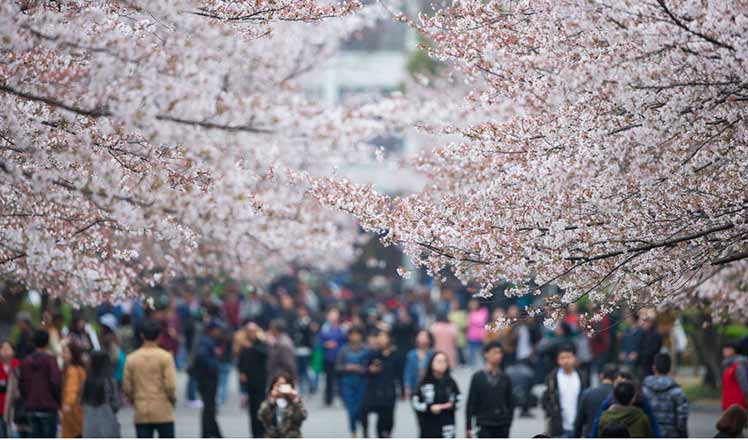
 Chinese chasing Spring blossoms around the country
Chinese chasing Spring blossoms around the country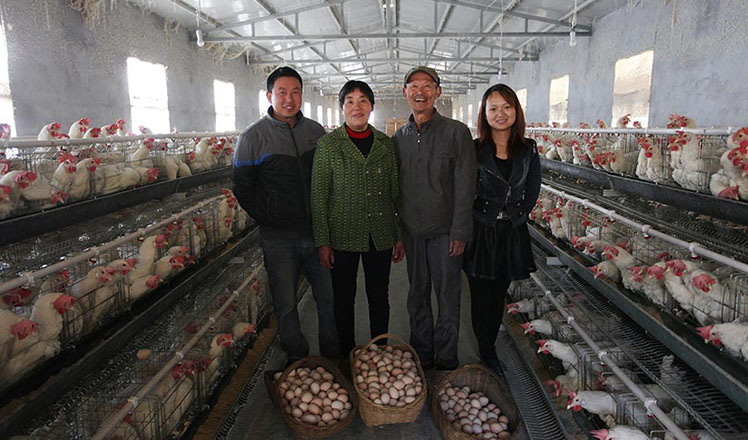
 Migrant couple returns to hometown to raise chickens
Migrant couple returns to hometown to raise chickens
 Victims of Brussels attacks commemorated
Victims of Brussels attacks commemorated
 In photos: Brussels rocked by multiple explosions
In photos: Brussels rocked by multiple explosions
 Raul Castro and Obama hold talks in Havana
Raul Castro and Obama hold talks in Havana
Most Viewed
Editor's Picks

|

|

|

|

|

|
Today's Top News
Marriott unlikely to top Anbang offer for Starwood: Observers
Chinese biopharma debuts on Nasdaq
What ends Jeb Bush's White House hopes
Investigation for Nicolas's campaign
Will US-ASEAN meeting be good for region?
Accentuate the positive in Sino-US relations
Dangerous games on peninsula will have no winner
National Art Museum showing 400 puppets in new exhibition
US Weekly

|

|







